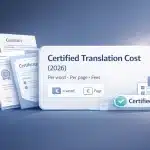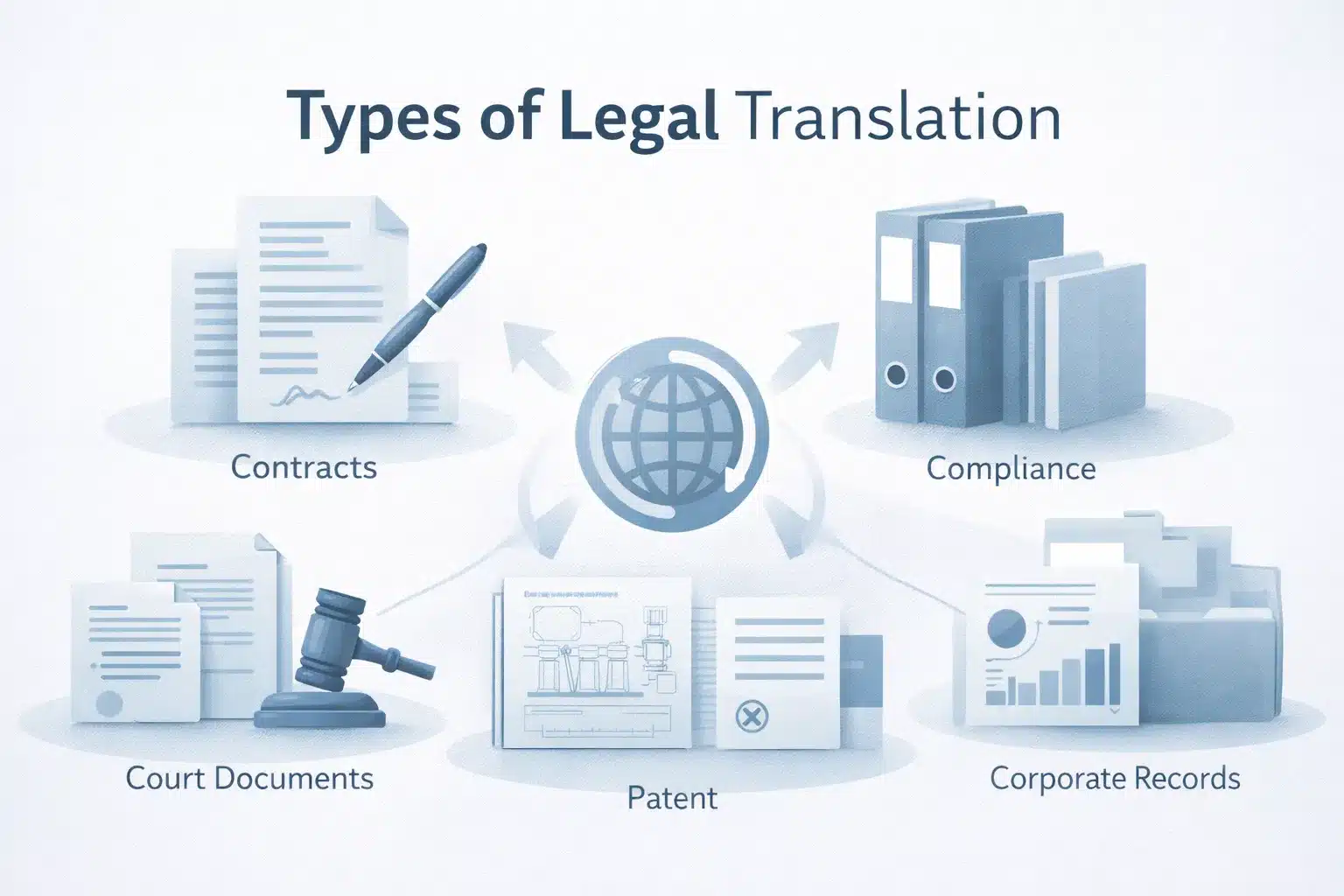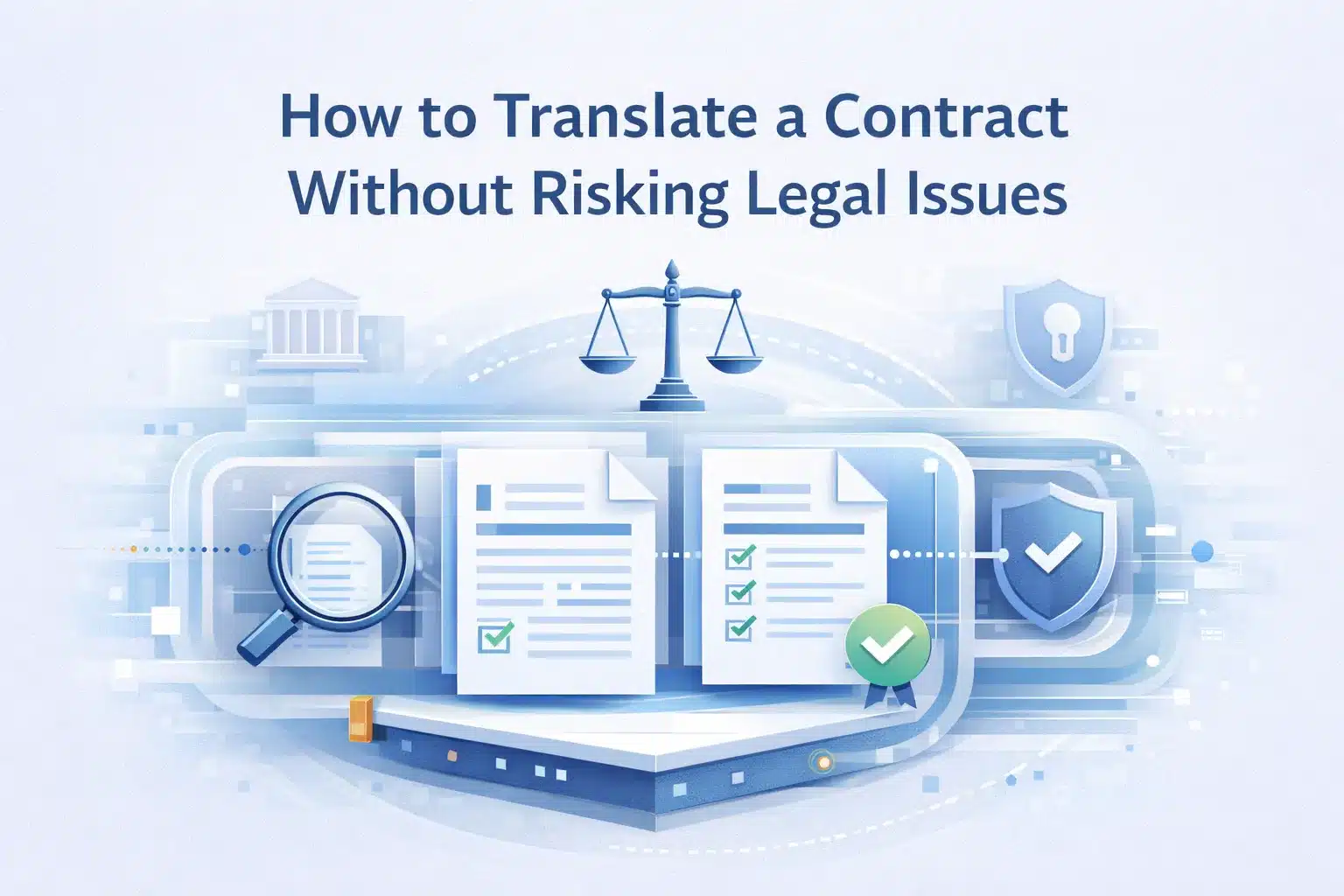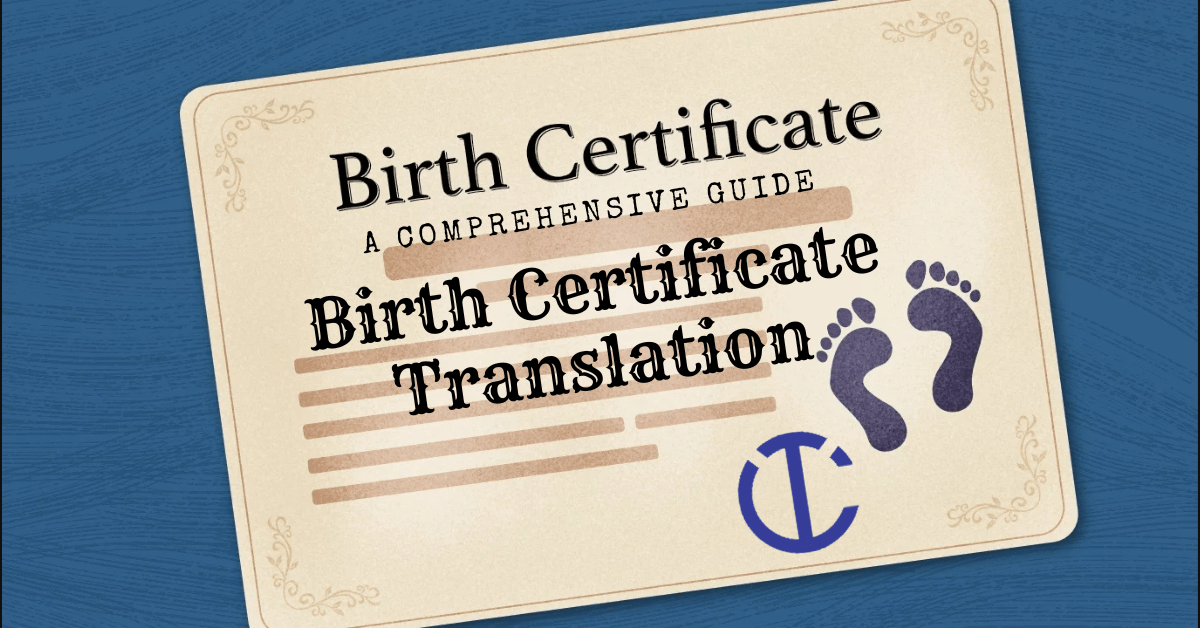Hey there! Did you know translators in high-demand fields can earn double the average rate? As we head into 2025, more people are exploring careers in translation and asking the same question: “How much can translators actually earn?” This question is everywhere—on Google, Reddit, and Quora.
From what I’ve researched, there’s no single answer. Your income depends on factors like experience, certifications, language pairs, and how strong your portfolio is. But don’t worry—this guide breaks it all down. I’ll cover average translator salaries, how AI tools are shaping the field, and practical tips to boost your income in this exciting career.
Average Salaries for Translators
Translator salaries vary widely across the globe, shaped by factors such as location, industry specialization, and type of employment. For instance, translators in high-demand fields like medical or legal translation often earn significantly more than their peers in general content translation.
Understanding these differences is essential for making informed career decisions and identifying opportunities to maximize earnings. This section breaks down salaries by geographic region, industry specialization, and employment type, offering actionable insights into how translators can navigate and thrive in this dynamic profession.
Geographic Salary Differences
Translators’ salaries can vary widely depending on where they live and work. Factors such as the cost of living, local demand for language services, and competition in the job market play a crucial role in determining pay. This concept is often referred to as geographic pay differentials.
How Geography Affects Translator Salaries
Geographic pay differentials are adjustments made to salaries based on location-specific factors like cost of living and labor demand. Employers often offer higher pay in areas where living costs are high or where there is strong competition for skilled workers. Translators in these regions may find more opportunities and higher salaries compared to those in areas with lower demand or a smaller market for translation services.
Translators working in major cities tend to earn more because these areas have higher living costs and a greater need for translation in industries such as business, law, and healthcare. In contrast, rural areas may offer fewer job opportunities and lower pay, but living expenses in these regions are also typically more affordable.
Translator Salaries in the United States
In the United States, location has a significant impact on earnings:
- Metropolitan Areas: Translators in cities like New York and Los Angeles earn annual salaries between $50,000 and $80,000. These cities have thriving industries that rely heavily on translation services, such as media, technology, and finance. High living costs in these cities are also a factor in the higher pay.
- Rural Areas: In less populated areas, salaries average closer to $35,000 annually. These regions may have fewer opportunities for specialized translation work, which often pays higher rates.
Employers in the U.S. often rely on Metropolitan Statistical Areas (MSAs) to assess labor costs and ensure competitive pay rates for specific locations (BLS).
Translator Salaries in Europe
Salaries for translators in Europe vary based on the country and its economic conditions:
- Germany: Translators in Germany earn an average of €54,789 per year, which is higher than in many other European countries (SalaryExpert). This reflects strong demand for specialized translation in fields like engineering, automotive, and legal services, where accuracy and expertise are critical.
- Spain: In Spain, translators typically earn an average of €39,802 per year (SalaryExpert). The lower salaries reflect a smaller market for specialized translation and a lower cost of living compared to countries like Germany.
In Europe, countries with stronger economies or industries that rely heavily on international business and technology often offer higher salaries for translators.
Translator Salaries in Asia
Asia is a diverse region where translator earnings are influenced by language demand and specialization:
- High-Demand Languages: Translators working with Japanese-to-English or Korean-to-English language pairs can earn $0.11 to $0.19per word. This is due to the increasing demand for these languages in global business, technology, and entertainment sectors.
- Specialized Markets: Countries like Japan and South Korea are known for their focus on localization services. Translators in these regions often work on projects such as gaming, e-commerce, and software, which require cultural adaptation and precision .
These opportunities make Asia an attractive market for translators with expertise in specialized industries and high-demand languages.
Why Geographic Differences Matter
Understanding geographic pay differentials is important for translators planning their careers. Translators in high-demand regions or cities with a strong need for specialized services often earn more, reflecting the local market conditions and living expenses. At the same time, translators in lower-cost regions may find opportunities for remote work that allow them to earn competitive salaries while enjoying a lower cost of living.
By researching and targeting markets where demand is high and pay is competitive, translators can make informed decisions about where to focus their efforts to maximize earnings.
Industry-Specific Salary Insights
The translation industry spans a wide range of fields, including medical, legal, technical, gaming, and literary translation. While many of these areas offer rewarding opportunities, some stand out for their earning potential and demand for expertise. Among them, medical, legal, and technical translation are the most lucrative due to their complexity and reliance on accuracy. Let’s explore what makes these industries so valuable.
1.Medical Translation
Medical translation is one of the highest-paying niches in the industry, requiring precision and a thorough understanding of healthcare terminology. Translators in this field handle vital documents like patient records, clinical trial reports, and medical device manuals. The stakes are high—errors can have serious implications for patient safety, making this a field where accuracy is non-negotiable.
- Medical translators typically earn $0.20–$0.40 per word or $30–$60 per hour. Specialized training and certifications, such as the Certified Medical Interpreter (CMI), can significantly enhance credibility and earning potential.
- As global healthcare systems expand, the demand for skilled medical translators continues to grow, offering consistent opportunities for those with the right expertise.
2.Legal Translation
Legal translation demands precision, confidentiality, and a deep understanding of legal systems and terminology. Translators in this field work on contracts, patents, and court documents, where even the smallest error can lead to financial losses or legal disputes.
- Legal translators command rates of $0.25–$0.50 per word or $40–$70 per hour. Their specialized skills are highly valued, particularly in cross-border legal transactions and intellectual property cases.
- Success in this niche requires not only linguistic accuracy but also an ability to navigate complex legal jargon. Building a strong reputation for professionalism and reliability is key to securing high-value clients.
3.Technical Translation
Technical translation involves translating complex documents like user manuals, engineering specifications, and IT materials. This field combines linguistic ability with technical knowledge, making it one of the most challenging yet rewarding areas of translation.
- Technical translators typically earn $0.20–$0.45 per word or $35–$65 per hour. The precision required to ensure clarity and accuracy in technical content justifies these rates.
- Industries like IT, automotive, and manufacturing rely heavily on skilled technical translators to communicate intricate concepts effectively, ensuring steady demand and competitive compensation for professionals in this field.
Why Specialization Matters
Specializing in high-demand fields like medical, legal, or technical translation is a strategic move for translators aiming to maximize their earning potential. While AI and machine learning are automating general translations, these industries remain reliant on human expertise to ensure quality and accuracy. By focusing on these areas, earning relevant certifications, and building a strong portfolio, translators can secure high-value opportunities and thrive in a competitive market
Freelance vs. Full-Time Translator Earnings
Choosing between freelancing and full-time employment is a critical decision for translators. Each path has unique benefits and challenges that influence your earning potential, work-life balance, and career growth. By understanding the key differences, you can determine which option aligns best with your professional goals and lifestyle.
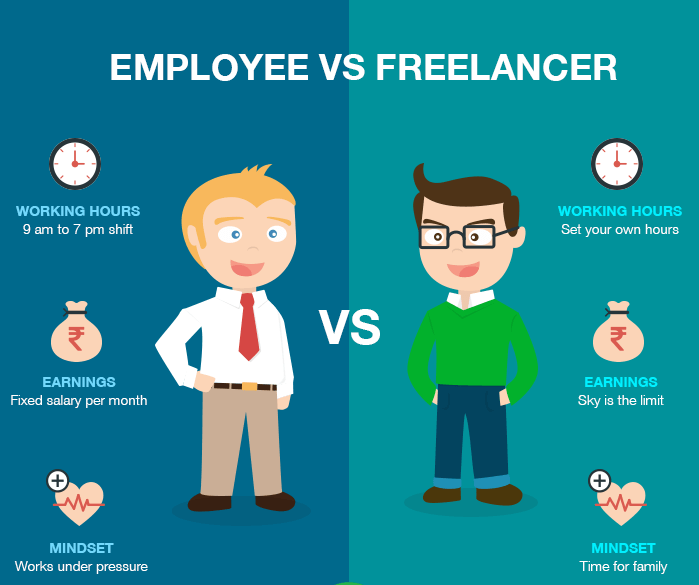
Freelancing: Flexibility with Challenges
Freelancing gives translators independence and control over their work. Here are the key benefits and challenges of freelancing:
- Flexibility: Freelancers set their own schedules and decide how much they want to work. This is ideal for those who value autonomy and the freedom to take on projects that match their interests.
- Project Choice: Freelancers can specialize in high-demand fields like legal, medical, or technical translation, earning premium rates for niche expertise.
- Earnings Potential: Typical per-word rates range from $0.10 to $0.30, and hourly rates can vary between $20 and $75, depending on experience and specialization (ProZ.com). High-performing freelancers in specialized fields can earn upwards of $80,000 annually.
However, freelancing comes with its own set of challenges:
- Income Variability: Earnings may fluctuate due to inconsistent workloads, especially for beginners.
- Administrative Burden: Freelancers must handle tasks like finding clients, invoicing, and managing taxes, which can take up significant time and effort.
Freelancing is a great choice for translators who value independence and are comfortable managing the business aspects of their careers.
Full-Time Employment: Stability with Structure
Full-time translator roles provide a predictable and secure career path. These roles come with several advantages:
- Steady Income: Salaries range from $35,000 to $70,000 annually, with senior positions in specialized fields offering up to $90,000 (Glassdoor).
- Employer Benefits: Full-time translators often receive health insurance, retirement plans, paid leave, and opportunities for professional development.
- Collaborative Environment: Working with a team provides opportunities for learning and support, as translators often collaborate with project managers, editors, or other professionals.
While full-time roles offer stability, there are some limitations:
- Less Flexibility: Translators in full-time positions must adhere to fixed schedules and assigned workloads.
- Capped Earnings: Compared to freelancers, full-time translators may earn less, even in senior roles.
Full-time positions are ideal for translators seeking job security, predictable income, and employer-provided benefits.
Key Differences Between Freelance and Full-Time Roles
| Aspect | Freelance | Full-Time |
| Flexibility | High: Set your own schedule | Low: Fixed working hours |
| Earnings Potential | High for niche markets | Stable but limited by salary |
| Benefits | None (self-managed) | Health insurance, retirement, leave |
| Workload Control | Freedom to choose projects | Assigned projects |
| Job Security | Variable, depends on client base | High: Regular paycheck |
Which Path is Best for You?
Choosing between freelancing and full-time work depends on your career priorities:
- Freelancing: If you value flexibility, independence, and the potential for higher earnings, freelancing may be the right choice.
- Full-Time Roles: If you prefer stability, predictable income, and access to benefits, full-time employment could be a better fit.
By evaluating your financial needs, work preferences, and long-term goals, you can select the career path that suits you best.
Strategies to Maximize Freelance Income
Freelancing can be a highly rewarding career path for translators, but success often requires implementing effective strategies to increase income and build a sustainable career. Here are some actionable tips to help freelance translators thrive in a competitive industry:
1. Specialize in High-Demand Fields
Specialization is a powerful way to stand out and command higher rates. Translators focusing on niche areas such as legal, medical, or technical translation are in high demand. Expertise in these fields makes you a valuable resource for clients who need accuracy and industry-specific knowledge.
2. Build a Strong Portfolio
A professional portfolio is essential for attracting new clients. Include:
- Sample translations that demonstrate your skills.
- Testimonials from satisfied clients.
- A brief overview of your specialization and experience.
A strong portfolio builds trust and makes you more appealing to potential clients.
3. Leverage Multiple Channels to Find Clients
Diversify your approach to finding work. Here are some options:
- Freelancing Platforms: Use sites like Upwork or Fiverr to connect with clients globally.
- Professional Networks: Join industry organizations like the American Translators Association (ATA) or attend translation conferences to expand your network.
- Direct Outreach: Contact agencies or businesses directly to offer your services.
Using multiple channels ensures a steady flow of projects and helps you build a reliable client base.
4. Use CAT Tools to Boost Productivity
Computer-Assisted Translation (CAT) tools like SDL Trados or MemoQ can streamline your workflow. Benefits include:
- Maintaining consistency across projects.
- Reducing repetitive tasks through translation memory features.
- Handling more projects efficiently, which increases your earnings potential.
Investing in the right tools can make your work faster and more accurate.
5. Set Competitive and Fair Rates
Research industry standards for per-word and hourly rates to ensure your pricing is competitive. Consider factors such as:
- Your experience and specialization.
- The complexity of the project.
- Market demand for the language pair.
Don’t undervalue your work. Setting fair rates attracts quality clients who value your expertise.
Job Growth and Industry Trends
The translation industry is evolving rapidly, driven by globalization, new technologies, and the increasing demand for localized content. These changes create both opportunities and challenges for translators, making adaptability and skill development more important than ever.

Emerging Language Demand
Globalization and advancements in technology have significantly increased the demand for translations in many languages. Translators play a key role in bridging communication gaps across industries such as healthcare, business, and entertainment. Here’s why certain languages are in high demand:
- Spanish: Widely used in the U.S. and Latin America, especially in healthcare, education, and business sectors.
- Mandarin: Crucial for trade, technology, and manufacturing as China expands its global influence.
- Arabic: Essential for legal, business, and governmental communication in the Middle East.
- German: A major language for technical and engineering translations in Europe.
Emerging markets have also driven demand for translations in Korean, Hindi, and Portuguese, reflecting the growth of economies in South Korea, India, and Brazil.
Specialized Language Pairs
Less common language pairs are gaining attention due to limited competition and the need for localization. Translators specializing in these pairs are highly valued for their expertise in adapting content to unique markets:
- Swahili: Africa’s expanding tech markets and increasing e-commerce activity have created significant demand for Swahili translations. These are often needed for apps, online shopping platforms, and educational materials.
- Finnish: Northern Europe’s advancements in scientific research and technical innovation drive the need for Finnish translations, particularly in academic and engineering sectors.
- Amharic: Ethiopia’s growing economy and international trade connections have made Amharic-to-English translations essential for businesses and governmental projects.
- Vietnamese: Southeast Asia’s tech and startup ecosystem relies on Vietnamese translations to localize software and e-commerce platforms.
Translators proficient in these specialized language pairs can command higher rates—often exceeding those for more common languages—and access unique opportunities in growing industries.
Technological Impact
The rise of e-commerce, digital media, and AI tools has accelerated the need for translators who can adapt content for specific audiences. Key areas include:
- Localizing Products: Adapting product descriptions and user interfaces for global e-commerce platforms.
- Multimedia Content: Translating videos, games, and entertainment media to reach multilingual audiences.
Translators with expertise in cultural adaptation and niche languages are especially valued in these industries.
.
Impact of AI on Translator Earnings
Artificial intelligence (AI) is transforming the translation industry, bringing both challenges and opportunities for professional translators. Tools like Google Translate and DeepL have made translation faster and more accessible, but they have also affected how translators earn, particularly for general and low-complexity tasks. While AI simplifies certain aspects of translation, human expertise remains crucial for specialized, high-quality work.
Challenges Posed by AI
AI has changed the dynamics of the translation industry, particularly for basic tasks:
- Pricing Pressure: Many clients now use AI-generated translations to reduce costs. As a result, human translators face lower rates for general or repetitive content, such as user manuals or product descriptions. This trend has created financial challenges, particularly for translators without specialized skills.
- Reduced Demand for General Work: Basic translations that once provided steady income are increasingly handled by AI tools. Translators focusing solely on non-specialized work may find it harder to secure consistent, well-paying projects.
To counter these challenges, translators must focus on areas where human oversight is indispensable, such as translations requiring creativity, precision, or cultural adaptation.
Opportunities Created by AI
Despite its challenges, AI has also increased the demand for skilled human translators in specialized roles:
- Post-Editing Machine-Translated Content (MTPE): Translators who can refine AI-generated content are highly sought after. Fields like medical, legal, and technical translation depend on human expertise to ensure accuracy, regulatory compliance, and cultural appropriateness.
- Specialized Projects: Clients turn to professional translators for work that AI cannot handle effectively, such as literary translation, marketing campaigns, and sensitive legal documents. These projects often pay higher rates due to their complexity.
By focusing on these specialized areas, translators can secure better opportunities and maintain relevance in an AI-driven landscape.
Enhanced Productivity with AI Tools
AI tools, combined with Computer-Assisted Translation (CAT) software, can significantly improve a translator’s productivity and efficiency. These tools streamline workflows, allowing translators to manage larger volumes of work while maintaining high-quality standards. Here’s how AI tools enhance productivity:
- Streamlining Workflows: CAT software automates repetitive tasks, such as reusing previously translated content and managing glossaries. This saves time and ensures consistency across translations.
- Handling Larger Volumes: By automating routine processes, AI-assisted workflows enable translators to take on more projects without compromising quality, increasing their earning potential.
- Improved Accuracy: Advanced translation software ensures consistency across large-scale projects, making it particularly valuable for technical or corporate translations where precision is essential.
At Circle Translations, we recognize the importance of integrating cutting-edge technologies to support translators and clients alike. By combining human expertise with innovative tools, we ensure high-quality, culturally accurate translations tailored to your needs.
Future of Translator Earnings in an AI-Driven World
As AI continues to evolve, translators must adapt to stay competitive. Here are some ways to ensure long-term success:
- Specialize in High-Value Fields: Focus on areas like legal contracts, medical reports, or creative writing that require human oversight and expertise.
- Adopt New Technologies: Staying updated on AI tools and learning how to use CAT software effectively will help translators remain relevant in a rapidly changing industry.
- Differentiate Through Quality: Emphasize skills that AI cannot replicate, such as understanding cultural nuances, creativity, and delivering personalized services.
While AI is reshaping the translation landscape, it also highlights the irreplaceable value of human translators. By specializing, embracing technology, and focusing on quality, translators can continue to thrive and increase their earning potential.
Tips to Increase Translator Earnings
Boosting income as a translator requires strategic efforts to enhance skills, credentials, and tools. By focusing on certifications, specialization, and continuous learning, translators can unlock higher-paying opportunities and build long-term career success.

Importance of Certifications
Professional certifications are a proven way for translators to enhance their earning potential. They validate expertise, establish credibility, and open doors to premium projects.
- ATA Certification: The American Translators Association (ATA) certification is highly regarded in the industry. ATA-certified translators often earn 20–30% more than non-certified peers and attract premium clients.
- NAATI Certification: In Australia, NAATI (National Accreditation Authority for Translators and Interpreters) certification is essential for government and corporate projects. Certified professionals can access lucrative opportunities and earn higher fees.
- CIOL Certification: In the UK, the Chartered Institute of Linguists (CIOL) offers certifications that enhance credibility, particularly for specialized fields like legal or medical translation.
- Other Recognized Certifications: Translators can also pursue region-specific qualifications, such as those offered by the Japanese Translation Federation (JTF) or the Mexican Translators Organization (OMT).
Investing in professional certifications demonstrates a commitment to quality and expertise, making translators highly sought after in competitive markets.
Upskilling in Specialized Fields
Specialization is one of the most effective strategies for translators aiming to boost their income. High-demand niches offer opportunities to command premium rates and build a reputation for excellence.
- Medical Translation: Requires knowledge of medical terminology and healthcare regulations. Translators in this field are highly valued due to the precision needed to handle sensitive content.
- Legal Translation: Involves translating contracts, patents, and court documents. Familiarity with legal systems and jargon often results in higher pay.
- Technical Translation: Fields like engineering, IT, and manufacturing require translators who can interpret technical documents. These projects often pay more due to the expertise involved.
Upskilling Strategies:
- Enroll in Specialized Courses: Online platforms like Coursera or Udemy offer courses tailored to high-demand fields.
- Attend Workshops and Webinars: Industry events provide insights into trends and best practices.
- Join Professional Organizations: Membership in groups like ATA, CIOL, or NAATI provides access to specialized resources and networking opportunities.
By targeting high-demand fields and continuously improving their skills, translators can secure better-paying projects and build a strong professional reputation.
FAQS
1.Is Being a Translator a Good Career Choice?
Yes, translation is a rewarding career for those fluent in multiple languages and passionate about cross-cultural communication. Translators benefit from job flexibility, remote work opportunities, and access to diverse industries like legal, healthcare, and entertainment. Specializing in high-demand fields or language pairs can significantly boost earning potential.
2.How Can Translators Make $100k Annually?
To earn $100k annually:
- Specialize in high-paying fields like legal, medical, or technical translation.
- Obtain certifications (e.g., ATA, NAATI) to attract premium clients.
- Use CAT tools to increase productivity and handle larger workloads.
- Focus on niche or rare language pairs where competition is lower.
- Build a reliable client base through networking and freelancing platforms.
3.How Much Do Translators Make Per Word?
Rates vary based on language pair, industry, and specialization:
- General translations: $0.10–$0.15 per word.
- Specialized translations: $0.20–$0.40 per word in technical, legal, or medical fields.
- Rare language pairs: $0.25–$0.50 per word due to limited competition.
Specialization and high-volume projects significantly impact earnings.
4.How Much Do Translators Earn in California?
Translators in California earn competitive salaries, especially in metropolitan areas:
- Average salary: $60,000–$80,000 annually.
- Freelance rates: $0.15–$0.30 per word, depending on specialization.
- High-demand languages: Spanish and Mandarin translators often earn more due to regional demand.
5.How Much Can Hospital Translators Earn?
Hospital translators specializing in medical interpretation or translation typically earn:
- Hourly rates: $25–$50 per hour.
- Annual salaries: $50,000–$70,000 for full-time roles.
Certifications like ATA or medical translation credentials improve earning potential in this field.
6.What Factors Affect Translator Salaries the Most?
1. Language Pair Demand
Rare or less common language pairs, like Swahili-to-English or Finnish-to-German, command higher rates due to limited competition.
2. Certifications
Credentials like ATA or NAATI certifications validate expertise, attract premium clients, and lead to higher-paying opportunities.
3. Specialization
Expertise in niches like legal, medical, or technical translation significantly boosts earnings as these fields require advanced knowledge.
4. Experience
Translators with a proven track record and strong client relationships can negotiate better rates and secure consistent projects.
7.What Is the Best Way to Start Earning as a Translator?
- Build a portfolio showcasing sample translations and testimonials.
- Use freelancing platforms like Upwork or ProZ to find initial projects.
- Start with smaller assignments to build experience and credibility.
- Join professional organizations like ATA or CIOL for networking and job opportunities.
8.How Can I Start Earning as a Freelance Translator?
- Create a professional portfolio highlighting past work and expertise.
- Leverage freelancing platforms like ProZ or Fiverr to connect with clients.
- Set competitive rates aligned with market standards and your skills.
- Invest in CAT tools to improve workflow efficiency and accuracy.
Conclusion
In conclusion, translator earnings depend on factors like location, specialization, and employment type, creating opportunities for both freelancers and in-house professionals. The industry is evolving with advancements in artificial intelligence and increasing demand for niche language pairs, offering new challenges and rewards.
Translators can boost their earning potential by earning certifications, specializing in high-demand fields, and leveraging tools like CAT software to enhance productivity. Translation is a career that bridges cultures, fosters global understanding, and delivers both financial and professional satisfaction.
Take the next step—explore certifications, refine your skills, and adopt innovative tools to thrive in this growing field. Visit Circle Translations to unlock opportunities and grow your career with tailored support.





